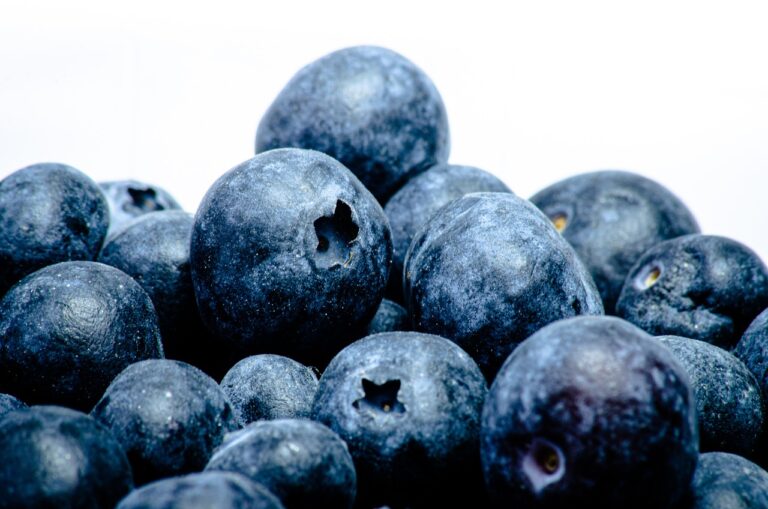The Role of Food Additives in Flavor Enhancement
11xplay reddy login id and password, laser247. com cricket, sky live casino: Food additives are substances added to food products to enhance their flavor, appearance, texture, or shelf life. These additives play a crucial role in the food industry, as they can improve the overall quality of food products, making them more appealing to consumers. In this article, we will explore the role of food additives in flavor enhancement and how they contribute to the sensory experience of food.
Understanding Food Additives
Food additives are classified into different categories, depending on their function. One of the most common categories is flavor enhancers, which are additives that are used to improve the taste of food products. These additives can be natural or artificial and are often added in small quantities to enhance the existing flavors in food or create new ones.
Flavor enhancers work by stimulating the taste receptors on our tongues, making food more palatable and enjoyable to eat. They can also mask any off-flavors or unpleasant tastes in food products, improving the overall eating experience. Some examples of common flavor enhancers include monosodium glutamate (MSG), artificial sweeteners, and natural flavorings like vanilla extract.
The Role of Food Additives in Flavor Enhancement
Food additives play a crucial role in flavor enhancement by adding depth, complexity, and balance to food products. They can help create a more well-rounded flavor profile, making food products more appealing to consumers. Flavor enhancers can also increase the overall intensity of flavors, making them more pronounced and satisfying to the taste buds.
Additionally, food additives can help create consistency in flavor across different batches of food products. This is especially important for large food manufacturers who need to ensure that their products taste the same every time they are produced. By using flavor enhancers, manufacturers can maintain a consistent flavor profile, building brand loyalty and trust among consumers.
Moreover, food additives can also help reduce the amount of salt, sugar, or fat needed in food products while still maintaining their palatability. This is important for promoting healthier eating habits and reducing the risk of diet-related diseases. By using flavor enhancers, manufacturers can create healthier versions of their products without compromising on taste.
Overall, the role of food additives in flavor enhancement is crucial for the food industry. These additives help improve the sensory experience of food products, making them more enjoyable and satisfying to consumers. By using flavor enhancers, manufacturers can create products that stand out in the market and meet the evolving tastes and preferences of consumers.
FAQs
Q: Are food additives safe to consume?
A: The safety of food additives is rigorously tested by regulatory agencies before they are approved for use in food products. As long as additives are used within the established safety limits, they are considered safe to consume.
Q: Can food additives cause allergies or sensitivities?
A: Some individuals may be sensitive or allergic to certain food additives. It is important to read food labels carefully and avoid additives that may trigger allergies or sensitivities.
Q: How can I identify food additives in products?
A: Food additives are listed on food labels under their specific names or E-numbers. Familiarize yourself with common additives and their functions to make informed choices about the products you consume.
In conclusion, food additives play a vital role in flavor enhancement, improving the sensory experience of food products and making them more appealing to consumers. By using flavor enhancers, manufacturers can create products that stand out in the market, meet consumer preferences, and promote healthier eating habits.







